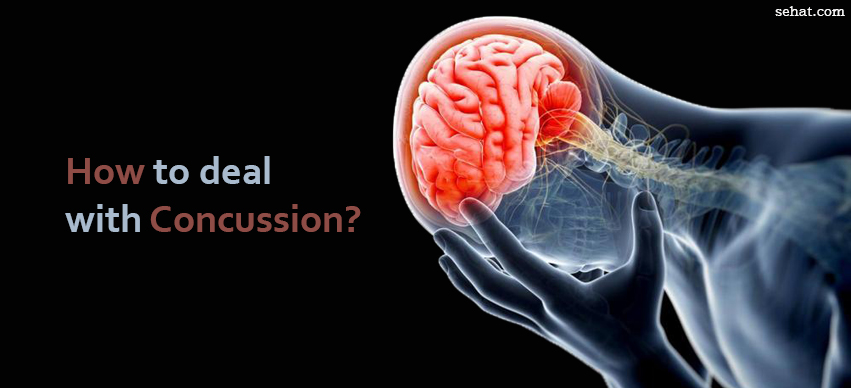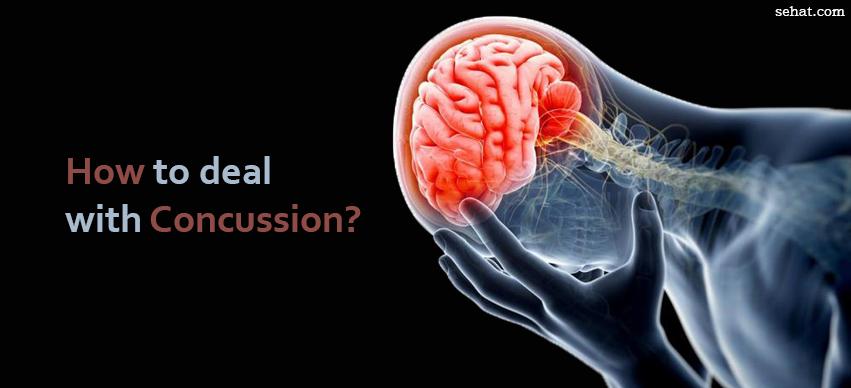How Communities Are Changing the Way We Think About Aging in..
8 Min Read


Mild concussion is extremely common with athletes and sports persons, but in severe cases it can lead to death. But do you know what is a concussion exactly? Well, concussion, also known as mild traumatic brain injury is caused by a sudden blow to the head or the body, a fall or an injury that vigorously shakes the brain inside the skull.
A doctor usually evaluates your level of concussion by studying the signs and symptoms and conducting a neurological examination. The neurological exam may include checking your vision, hearing, sensation, balance, reflexes and coordination. The doctor may also perform several cognitive tests to evaluate your memory, concentration and ability to recall information. Brain Imaging may be recommended if the symptoms of concussion become worse. You may be hospitalized for an overnight observation after experiencing a concussion.
Watch out for the symptoms - One of the most important things to do after experiencing a concussion is to look out for the symptoms of concussion. In many cases, the signs and symptoms of concussion may not be noticeable right at the beginning.
Rest is extremely important to cope up with concussions and promote recovery in the early stages. So, you should try to get plenty of sleep and night and rest during the day. Try to avoid mentally demanding activities such as reading, watching TV, listening to music, playing video games, checking e-mails or performing any mental task. At this stage, rest should be both physical and mental. The apparent symptoms of concussion can resolve quickly, but post-concussion syndrome may take a while to resolve. Take the time your brain needs to recover, or it will be worse in the long run.
Headaches and body pain is common after suffering a concussion and it may affect your sleep and rest, thereby making you more irritable. Constant headaches can also make you dizzy and nauseated. Review your medications with your doctor and take only prescribed dosage of Tylenol, or acetaminophen. Don't take ibuprofen or aspirin, because these pain killers could worsen the concussion symptoms.
Physically demanding activates such as exercising, housecleaning, lifting and carrying heavy items, jarring movements such as running and jumping should be avoided completely because it only makes the symptoms worse and slows down the recovery from brain concussion. Return to normal physical activities gradually only when your doctor says you are recovered enough to perform them.
Anxiety, irritability, stress and sadness are common and normal reactions that you might experience while coping with concussion and recovering from the injury. Such emotions can be triggered by the changes in your lifestyle. But always try to look at the positive side and have an optimistic outlook. Feel positive about the healing process, have realistic expectations and focus on your strengths.
An important part of healing after concussion is to avoid having another concussion. Take special care about your movements and actions. Move slowly and constantly and always stay careful about your surroundings. You can also use a walking stick to get around for the first few months of recovery. A walking stick provides support and helps you to get around more easily and reduces the risk of a fall.
Traumatic head injury or concussion can occur at any place - the play ground, in a car or while in your house. Here are a few tips that can help you to prevent a concussion:
Any head injury or suspected concussion must be evaluated by a medical professional or neurologist. What seems to be a minor head injury can eventually turn into a fatal injury.
A neurologist specializes in diagnosis and treatment of post concussion syndrome and can help you to understand the severity of the injury and the best recovery method. Are you looking for experienced neurologist in Chennai? Then you can visit Best Neurologists in Chennai and choose from a list of neurology related specialists practicing in Chennai.